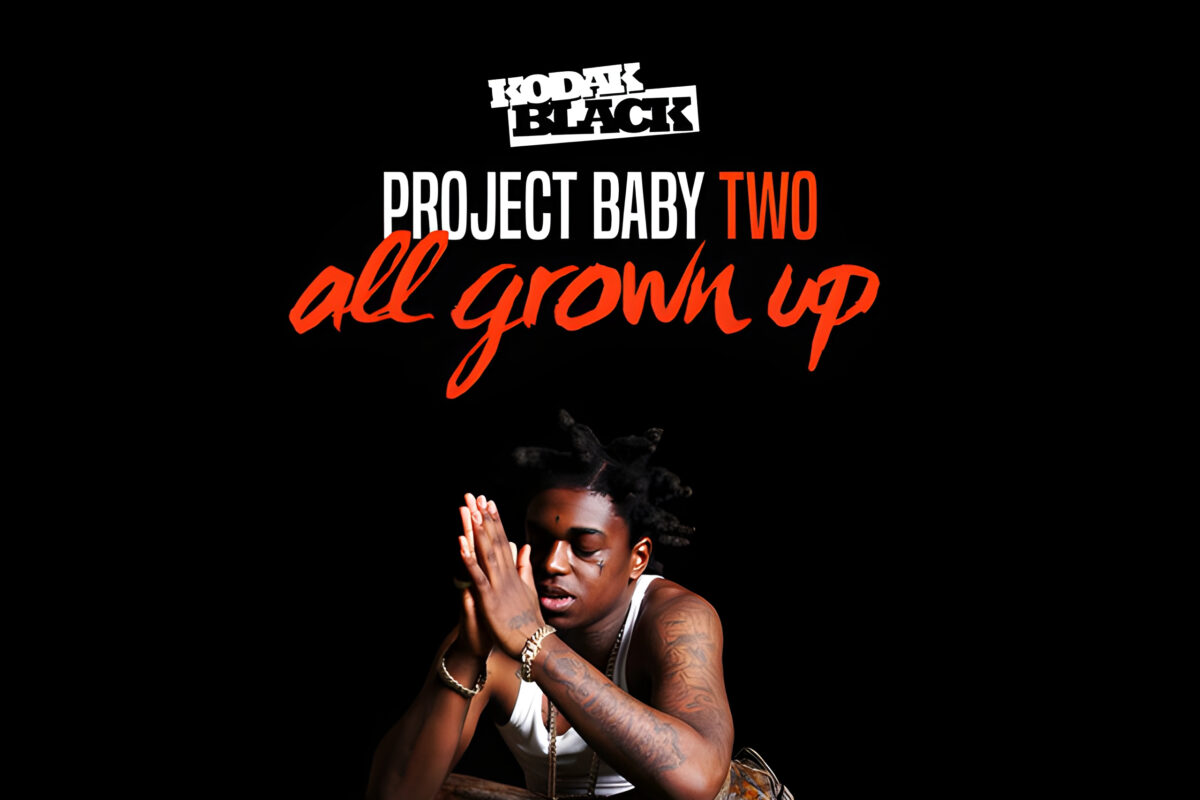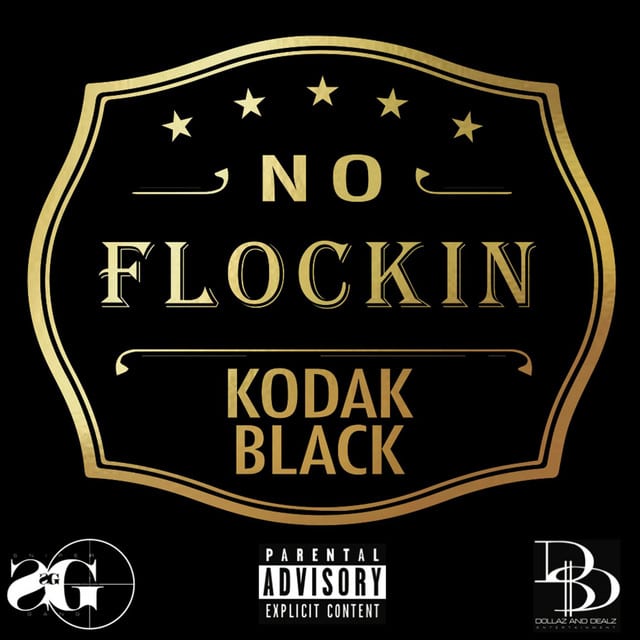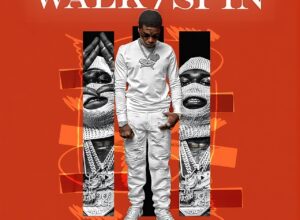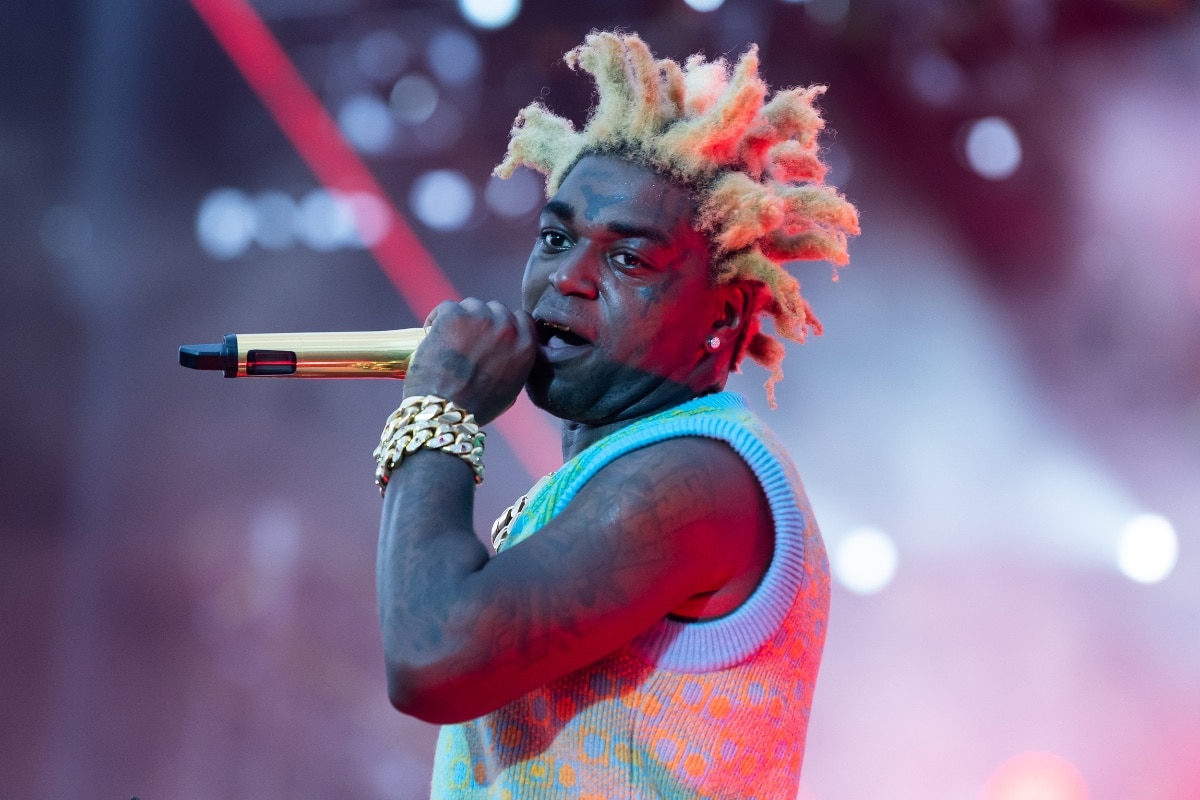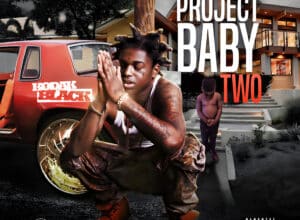Released: 2017
Kodak Black’s “Now Time” delves into the turbulent and violent lifestyle he and his associates live, with a mix of reflections on his upbringing and the ongoing criminal activities around him. Through his lyrics, Kodak portrays the consequences and emotions of living a life involved in crime, juxtaposing it with a desire for material success and escape from this environment. The song’s theme touches upon the idea of a youthful desire for power and respect, despite the often self-destructive paths taken to achieve it.
The hook of “Now Time” emphasizes a gritty, carefree approach to life, reflected in the opening line about the strange beat that nevertheless serves as a playground once the artist starts to engage with it. The lyrics encapsulate a recurring theme in hip-hop, where artists turn challenging circumstances into creative expressions. Kodak’s approach seems nonchalant, indicating a habitual immersion in a lifestyle that many would find dangerous or ‘weird.’
Kodak introduces the idea of financial gain without emotional attachment with the line “I don’t even want the wap, baby I just want the fetty.” In this context, “wap” can be understood as superficial or sexual pursuits, while “fetty” represents money. This desire underscores a materialistic perspective common in hip-hop, emphasizing financial success over everything else.
As Kodak delves deeper, he speaks about young people influenced by his lifestyle, mentioning a “young nigga 17” who acts recklessly to gain respect. J.J. Redick is a professional basketball player known for his sharp shooting, drawing a parallel to the readiness to ‘shoot’ in violent encounters. This illustrates a reckless youth drawn into criminality due to societal and peer pressures.
In the verses, Kodak reflects on his reality, noting, “Why am I doing all this sinning / I’m getting tired of repenting.” Here, he articulates a fatigue with his way of life and a desire for change, although it is clouded by the continuing cycle of crime and retribution. This ongoing internal conflict is central to the narrative of many street anthems in hip-hop.
Throughout the song, there’s an acknowledgment of having ‘seen and done too much too early,’ which speaks to the harsh realities Kodak faced in his youth. The lines about riding with ‘two 30’s’ could refer to carrying firearms for protection or intimidation, further illustrating the perilous lifestyle that he can’t seem to escape.
Kodak often employs a tone of bravado, referencing powerful cars like the “Murcielago” and enjoying substances such as “gelato”—a slang term for a type of cannabis. These references paint a picture of excess and indulgence often celebrated in hip-hop, while simultaneously showcasing the escapism they provide.
His lyrics also address loyalty and affiliation, saying “Free all my Z’s in the chain gang.” The term ‘Z’s’ often refers to his crew or people close to him who are incarcerated. Kodak implies a sense of solidarity and brotherhood despite the circumstances, emphasizing that everyone around him is aligned in their struggles and ambitions.
When Kodak mentions, “I can’t tell you what to do / Cause you gonna do what you want to do,” he’s acknowledging the autonomy of the younger generation, who often make choices based on peer influences and desires for quick validation. It’s a moment of reflection and acceptance of a cycle he’s familiar with.
In conclusion, “Now Time” is a complex narrative reflecting on the harsh realities of a crime-laden lifestyle while exploring themes of youthful bravado, materialism, and the pursuit of respect. Kodak Black manages to blend storytelling with stark honesty, depicting the dark allure of the streets contrasted with the burden of choices that shape one’s destiny. This song reflects the broader hip-hop culture, which often glorifies such lifestyles while simultaneously critiquing the societal structures that sustain them.
